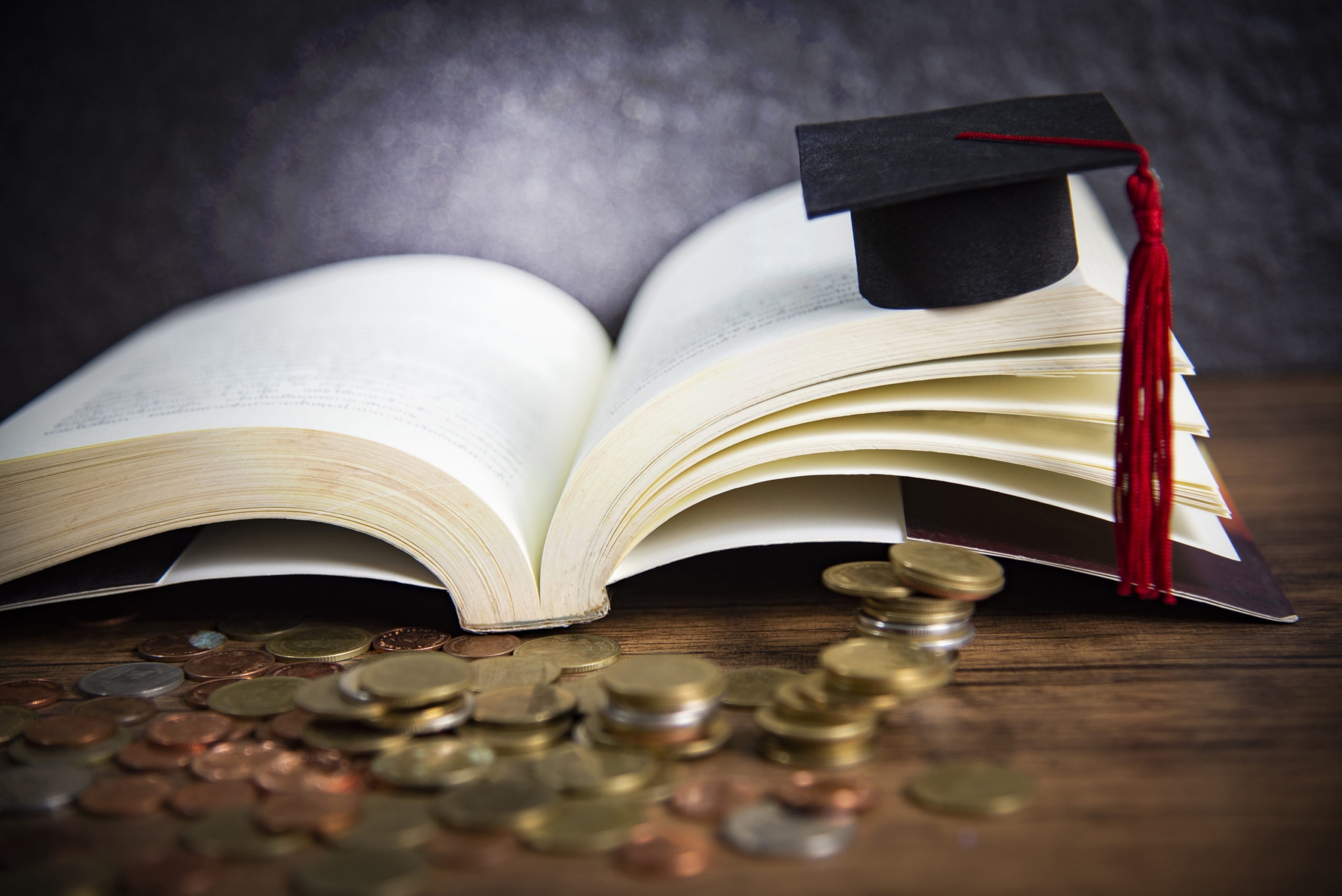Student loan debt has now surpassed credit card debt by over $3 billion. Student loan debt will probably continue to rise quickly unless the government understands its implications on the US economic growth and takes REAL action to mitigate the problem. The graduating class of 2022 is the most indebted in history, with over $56 billion in student loans to pay back.
One of the best feelings ever might be when you finally pay off those student loans! After you have repaid your student loans in full, here are some things to do with that new cash flow that’s coming your way.
Celebrate –
After paying off your school loans, you should prioritize doing this. What better moment to reward oneself than right after completing something so significant?
There are two reasons to make sure you set aside time to celebrate:
- You can unwind and refocus after a celebration before tackling your next significant financial objective.
- It’s been shown that rewarding oneself helps you exercise better self-control. If you use the chance to treat yourself, you’re less likely to fall back into debt.
Take the time to celebrate this achievement by taking a trip, improving your home’s decor, or even purchasing a new pair of shoes or that expensive purse.
Get Started With a Free Debt Analysis
We make it easy on mobile or desktop. FREE with no obligations.
Term out further high-interest loans –
In addition to student debts, credit card debt is a shared burden for recent graduates. After paying off your student loans, if you have any other high-interest debt, it is essential to take care of that debt before concentrating on other important objectives.
You should pay specific attention to high-interest debt, such as credit card debt since these often have substantially higher rates than those associated with student loans. Contact a non-profit credit counseling agency to see if they can help you reduce those high interest rates and pay off that debt much faster.
Create an emergency savings account –
You may have used every spare dollar to pay off student loans during your debt repayment journey. You probably achieved your goal first because you kept your eyes on the prize. Now that you have paid off your student debts, it would be beneficial if you start planning for the future. Making an emergency fund is a significant first step.
For genuine emergencies, such as unforeseen medical costs, pricey home repairs, or a job loss, experts advise accumulating three to six months’ worth of living expenses. Particularly after working so hard to become debt-free, if something unexpected happens, you don’t want to be forced to use your credit cards or personal loans. Your debt cycle will be broken by doing this.
You can quickly accumulate a sizeable emergency fund by putting your monthly student loan payment into a savings account. This will increase your wealth and provide you with more peace of mind.
Take on other objectives like homeownership –
It’s time to plan for other major life events, such as getting a house or paying off your mortgage if you have already purchased a home. Due to being debt-free, your debt-to-income ratio is now low or lower, making it more straightforward for you to be approved for loans like a mortgage. Of course, not everyone wants to be a homeowner.
After you get out of debt, you could additionally want to establish the following financial goals:
Making college savings plans for your children –
Start putting money down for their school, even if they are little. You could create a strategy to set aside money specifically for their post-secondary education.
Putting money aside to move –
Although purchasing a home may not be in your future, moving may be. Now may be the perfect moment to start making arrangements if your family has outgrown its existing house or apartment or if you’ve been considering moving across the country or abroad.
Saving money to start your own business –
You might have fantasized about taking a risk by switching careers or opening your own business. You can invest your spare time and discretionary income toward realizing these aspirations once your student loans and other debts are paid off.
Saving money for further education –
Having significant student loan debt may be challenging because it may prohibit you from pursuing other educational goals. You could have considered getting a Ph.D. or another graduate degree, but your high debt load put you off. Start putting money aside for further education to advance your life and profession.
Increasing your insurance coverage –
You might have cut your insurance coverage to a bare minimum to keep your premiums low while working hard to pay off your school loans. When you are living debt-free, review your insurance coverage carefully and, if necessary, enhance it.
After paying off your loans, you should consider boosting three main types of insurance coverage:
- Disability Insurance
- Life Insurance
- Health Insurance
